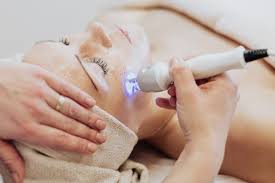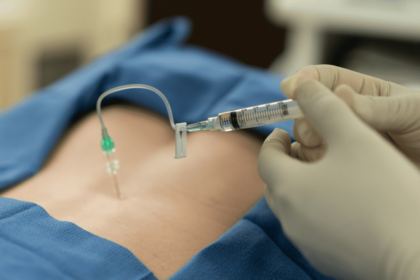Preventative dentistry focuses on keeping your teeth and gums healthy through regular care and early intervention. Maintaining a proactive approach preserves your smile and also reduces the need for complex dental treatments later on. Here are five key tips for maintaining oral health through preventative dentistry:
Regular Dental Checkups and Cleanings
Visiting your dentist every six months is one of the helpful ways to maintain oral health and practice preventative dentistry. During routine exams, your dentist evaluates your teeth and gums to identify potential issues early. Professional cleanings remove plaque and tartar that daily brushing cannot eliminate. Your dentist uses specialized tools to clean areas that are difficult to reach at home. Dental X-rays may be taken during your visit to detect cavities or other problems beneath the surface. These images help your dentist create a treatment plan tailored to your specific needs.
Daily Oral Hygiene Habits
Daily oral hygiene habits form the foundation of preventative dentistry. Follow these guidelines to maintain a healthy smile:
- Brush your teeth twice a day. Use a soft-bristle toothbrush and fluoride toothpaste to remove food particles and bacteria that cause cavities and gum disease.
- Floss once a day. Clean between your teeth to remove plaque from areas prone to decay and gum inflammation.
- Contemplate alternatives to traditional floss. If flossing is challenging, try floss picks or water flossers for easier use.
- Rinse with an antimicrobial mouthwash. This reduces bacteria and freshens your breath.
- Adhere to proper techniques. Follow the brushing and flossing techniques recommended by your dentist for the best results.
These daily practices can significantly improve your long-term oral health.
Healthy Diet for Dental Health
Your diet plays a key role in maintaining strong teeth and healthy gums. Foods high in calcium and vitamin D strengthen tooth enamel and support bone health. Dairy products, leafy greens, and fortified foods are excellent choices.
Limit sugary snacks and beverages, as sugar feeds harmful bacteria in your mouth. These bacteria produce acids that erode enamel and lead to cavities. Crunchy fruits and vegetables, like apples and carrots, help clean your teeth naturally as you eat. Drinking plenty of water throughout the day washes away food particles and keeps your mouth hydrated.
Protective Measures Against Tooth Damage
Preventative dental services include protective treatments that shield your teeth from harm. Dental sealants are thin coatings applied to the chewing surfaces of back teeth to prevent cavities. These sealants are helpful for children but can also benefit adults.
Fluoride treatments strengthen enamel and make teeth resistant to decay. Your dentist may recommend these treatments during your routine visit if you are at higher risk for cavities. If you grind your teeth at night, a custom mouthguard can prevent damage to your enamel. Athletes should also wear mouthguards during contact sports to protect against injury.
Consistency in Preventative Dental Care
Consistency is fundamental to successful preventative dentistry. Following your dentist’s recommendations for treatments and follow-up appointments helps maintain your oral health. If you experience dental issues between visits, seek care promptly rather than waiting for your next scheduled appointment. Children benefit from preventative treatments, such as sealants and fluoride applications, to protect developing teeth. Adults should continue regular checkups even if they have no current dental problems.
Schedule Your Preventative Dentistry Appointment
Preventative dentistry is the most effective way to maintain oral health and avoid serious dental problems. Regular checkups, proper home care, a balanced diet, protective treatments, and consistency all contribute to a healthy smile. Take action today by scheduling your next preventative dental care appointment. Your teeth and gums will benefit from the proactive approach that preventative dental services provide.








